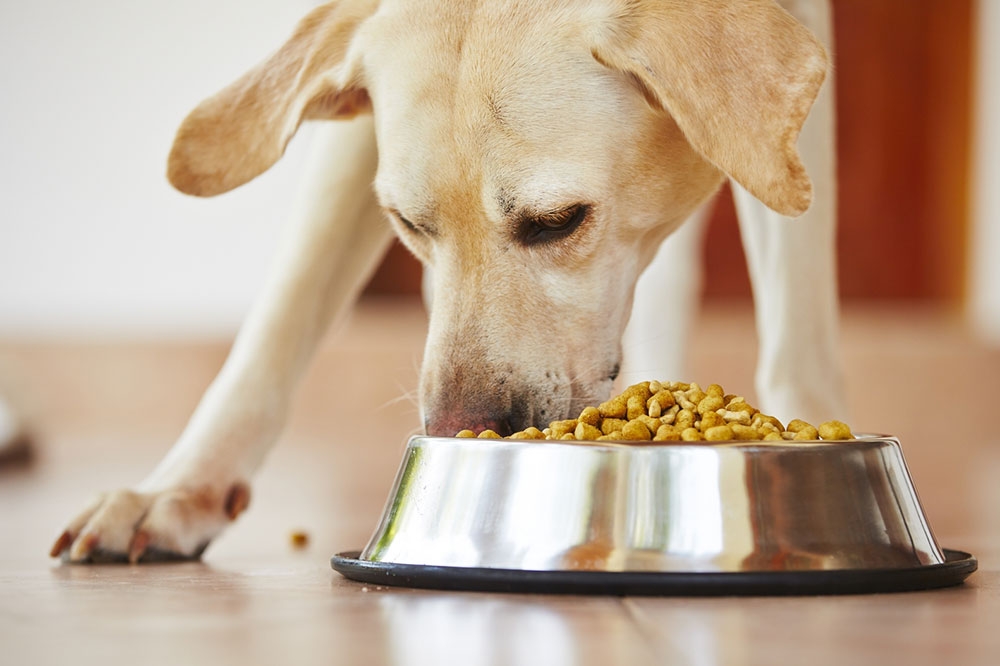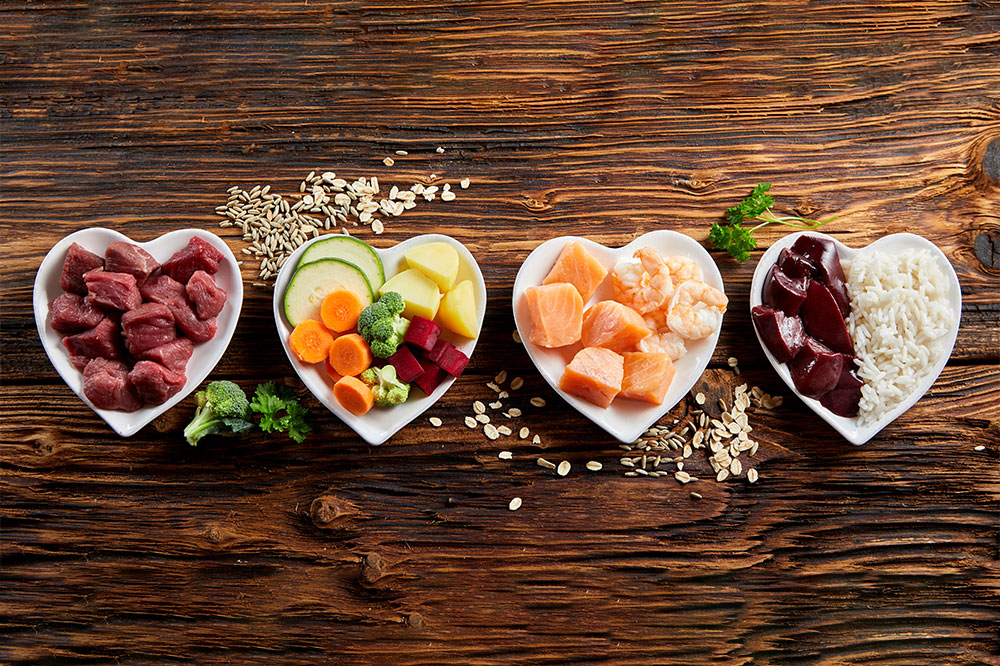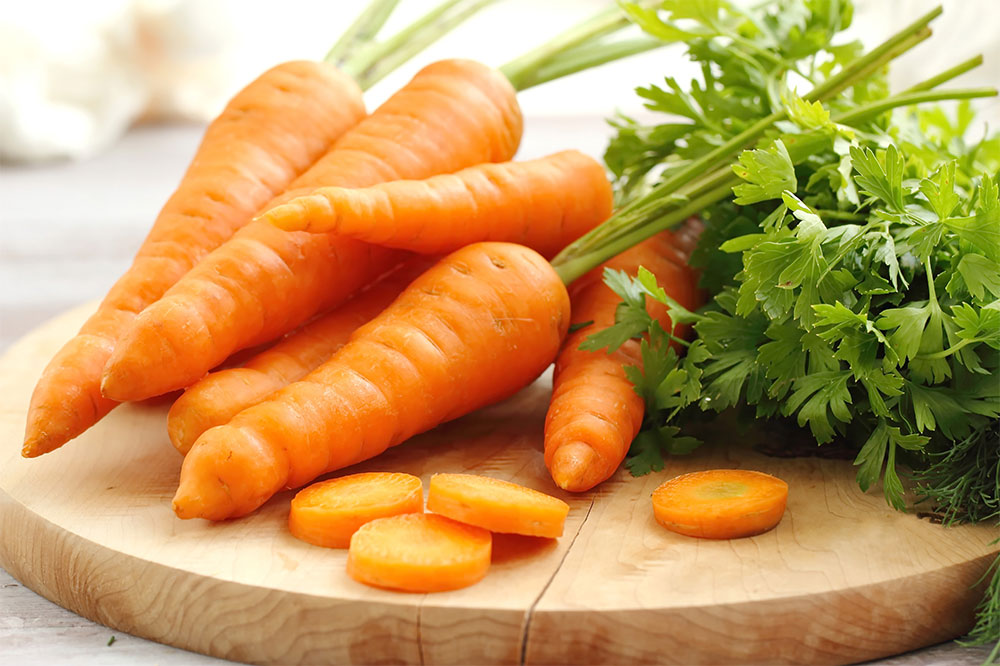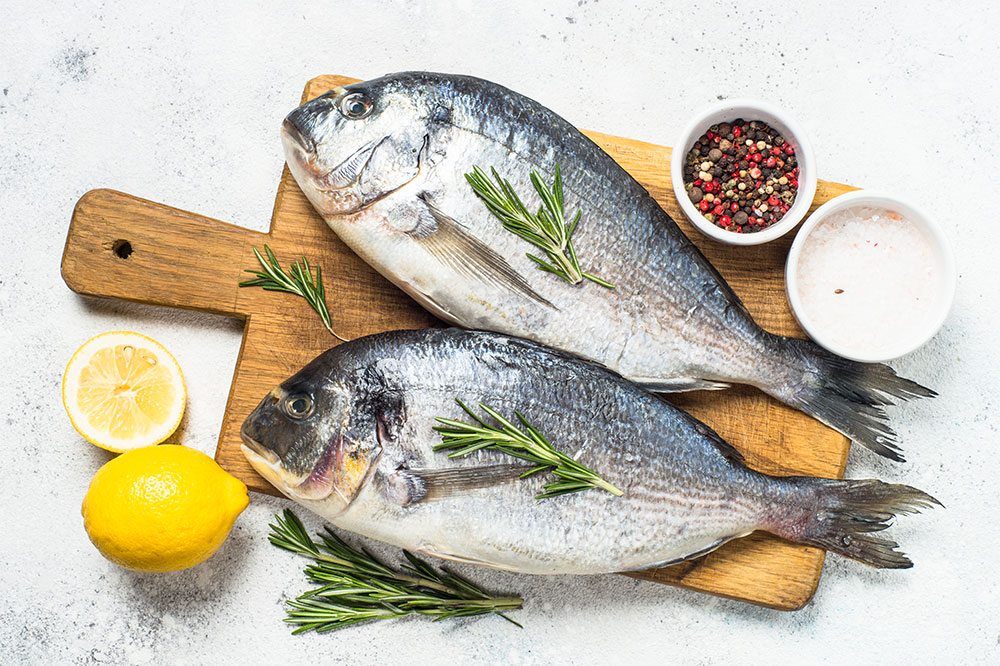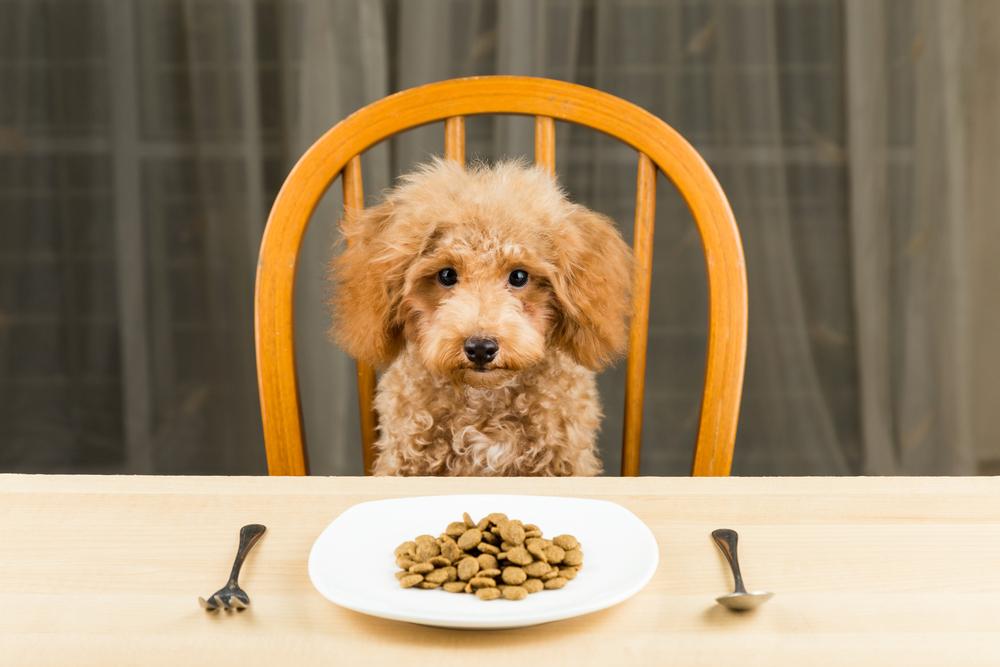Healthy Human Foods That Are Safe and Tasty for Your Dog
Discover a comprehensive list of safe and nutritious human foods suitable for your dog. Learn which treats are healthy, how to serve them properly, and avoid harmful ingredients. Keep your furry friend happy, healthy, and well-fed with this detailed guide that emphasizes moderation and safety.
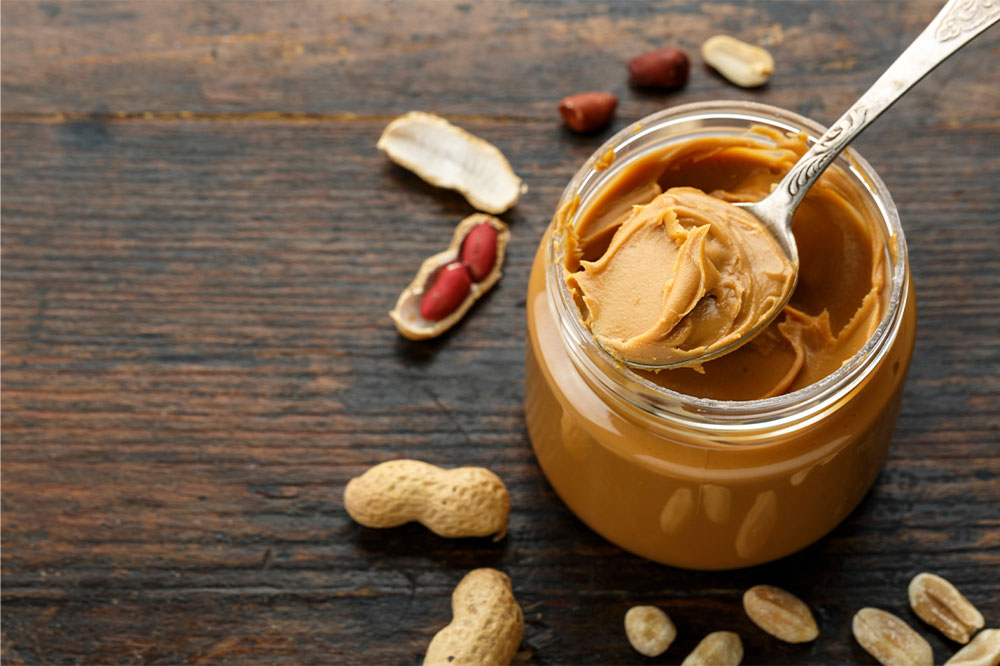
Many dog owners enjoy sharing their meals with their furry friends from time to time, offering small bites of human food as treats. While it might seem harmless to give your dog a piece of your sandwich or a spoonful of yogurt, it’s crucial to understand that not all human foods are safe for canine consumption. Certain ingredients common in our diets can be harmful or even toxic to dogs. Awareness of which foods are safe and beneficial is essential to ensure the health and happiness of your pet.
Dogs have different digestive systems compared to humans, and their tolerance for various foods varies significantly. Some human foods can cause allergic reactions, digestive upset, or more severe health issues. Fortunately, many common human foods are safe and can be included in your dog’s diet in moderation, providing them with both nutritional benefits and a tasty treat. This comprehensive guide aims to highlight safe human food options suitable for dogs, explaining why these foods are good choices and offering tips on serving them properly.
Safe and Healthy Human Foods for Dogs
Knowing which foods are safe can help you avoid accidental poisoning and promote your dog’s overall well-being. Here are some of the most popular human foods considered safe for dogs, along with detailed information about their benefits and how to serve them.
Peanut Butter
Peanut butter is a favorite treat for many dogs. It is packed with protein, healthy fats, vitamins B and E, and niacin, which can support your dog’s energy and skin health. When selecting peanut butter, always opt for natural, unsweetened, and unsalted varieties. Avoid peanut butters containing added sugars, artificial sweeteners, or xylitol, as these can be toxic to dogs. Give small amounts as an occasional treat, and ensure the peanut butter is served in moderation to prevent weight gain.
Cooked Chicken
Plain cooked chicken is an excellent source of lean protein and is easy for dogs to digest. It’s particularly beneficial for dogs recovering from illness or with sensitive stomachs. When preparing chicken for your pet, make sure it’s free of seasonings, sauces, or added fats. Boiling or baking without any spices preserves its nutritional value. Serve in small, manageable pieces to prevent choking, especially for small or older dogs. Avoid giving chicken bones, as they can splinter and cause internal injuries.
Carrots
Carrots are a crunchy, low-calorie snack rich in fiber, beta-carotene, and vitamin A. These nutrients support good vision, immune health, and skin. Carrots can be served raw or cooked; both are acceptable options. Raw carrots make for a healthy, crunchy treat or training reward, but cut into small pieces to avoid choking hazards. Cooked carrots are softer and easier to digest, making them suitable for older or sensitive dogs.
Pumpkin
Pumpkin is renowned for its digestive benefits. It contains fiber, vitamins, and antioxidants that can assist with gastrointestinal issues like diarrhea or constipation. Fresh pumpkin or canned pumpkin (without added sugars or spices) can be included in your dog’s diet. A small spoonful added to their regular food can improve digestion and provide hydration. Always serve pumpkin plain and ensure it’s free from artificial ingredients.
Oatmeal
Oatmeal is a healthy carbohydrate source that can be especially beneficial for older dogs or dogs with wheat allergies. It provides dietary fiber, vitamins, and minerals that support overall health. Prepare cooked, plain oatmeal without additives, sugar, or artificial flavors. Let it cool before serving, and give in small portions to prevent gastrointestinal upset. Oatmeal can be mixed into your dog’s regular food or served as a standalone treat.
Watermelon
Watermelon is a hydrating, low-calorie fruit packed with vitamins A and C. It can be a refreshing treat during hot weather. Provide seedless watermelon cut into small, bite-sized pieces to reduce choking risks. Remove the rind, as it can be difficult for dogs to digest. Watermelon’s high water content helps keep your dog hydrated, especially during summer or after exercise.
Blueberries
Blueberries are a powerful antioxidant-rich fruit that supports immune health. They are low in calories and high in vitamins, fiber, and phytochemicals beneficial for your dog’s overall health. Blueberries are safe to give as treats, either fresh or frozen. Serve in small quantities, especially for small dogs, to avoid gastrointestinal upset. These berries make an excellent, healthy training reward.
While these foods are generally safe, remember that moderation is key. Always introduce new foods gradually and observe your dog for any adverse reactions. Consult with your veterinarian before adding new treats or human foods to your pet’s diet, especially if your dog has underlying health issues or allergies. Avoid giving dogs foods like chocolate, grapes, onions, garlic, almonds, or anything else known to be toxic.
Providing your dog with a variety of safe, nutritious human foods can enhance their diet, promote their health, and strengthen your bond. Keep these guidelines in mind to ensure your furry friend enjoys tasty treats safely and responsibly.
